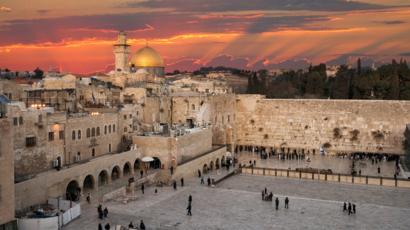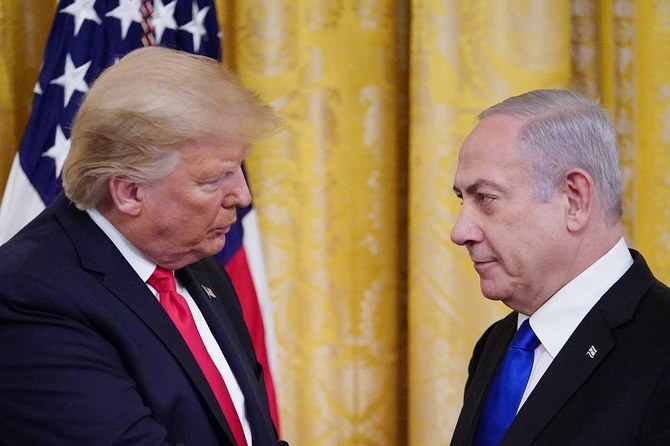
by thearabweekly.com – Sami Kadi —BEIRUT – There is no proper public transport, no housing policy, no electricity and no decent roads in Lebanon, reasons enough for the Lebanese to stop paying taxes, argue activists of the “We Will Not Pay” campaign begun in reaction to the country’s deteriorating economic situation. The campaign, an implicit invitation to civil disobedience, basically calls on the Lebanese to stop paying electricity bills, income taxes and other government fees, in addition to high-interest bank loans that people contracted to finance services that the state has failed to provide for decades, said Roy Dib, a campaign activist. “It is a show of solidarity with the people who are rebelling against the political authorities because they lost their jobs, their savings are frozen and they can no longer afford to pay their dues,” Dib said. “The campaign calls on all Lebanese (without exception), including those who can pay loans, to boycott paying until certain demands are met.” “We pay double power bills (including one for private generators), take house loans because the government has no housing policy, car loans because there is no proper public transportation system and education loans to enroll in private universities because the level of public education has dropped drastically. These financial burdens are imposed on the Lebanese due to the government’s poor services,” Dib said.
Banks have been providing private loans with interest rates as high as 20%. The campaign aims to have banks offer a 6-month grace period for repayment of loans after which they would reschedule payments in addition to eliminating or reducing interest on loans. Dib said boycotting payments of loans “is a pressure tool to reschedule the loans and to assist those who are unable to pay and there are many of them.” “Banks have made a lot of money from high-interest rates over decades. It is time they pay back,” he said, adding that activists have prepared draft bills that some MPs are willing to propose in parliament to force banks to change their policies to protect people unable to pay back loans. The campaign established a hotline to volunteer lawyers providing legal consultations. “Every Friday a person can take an appointment to meet the lawyers and get advice on legal issues with the banks,” Dib said.









